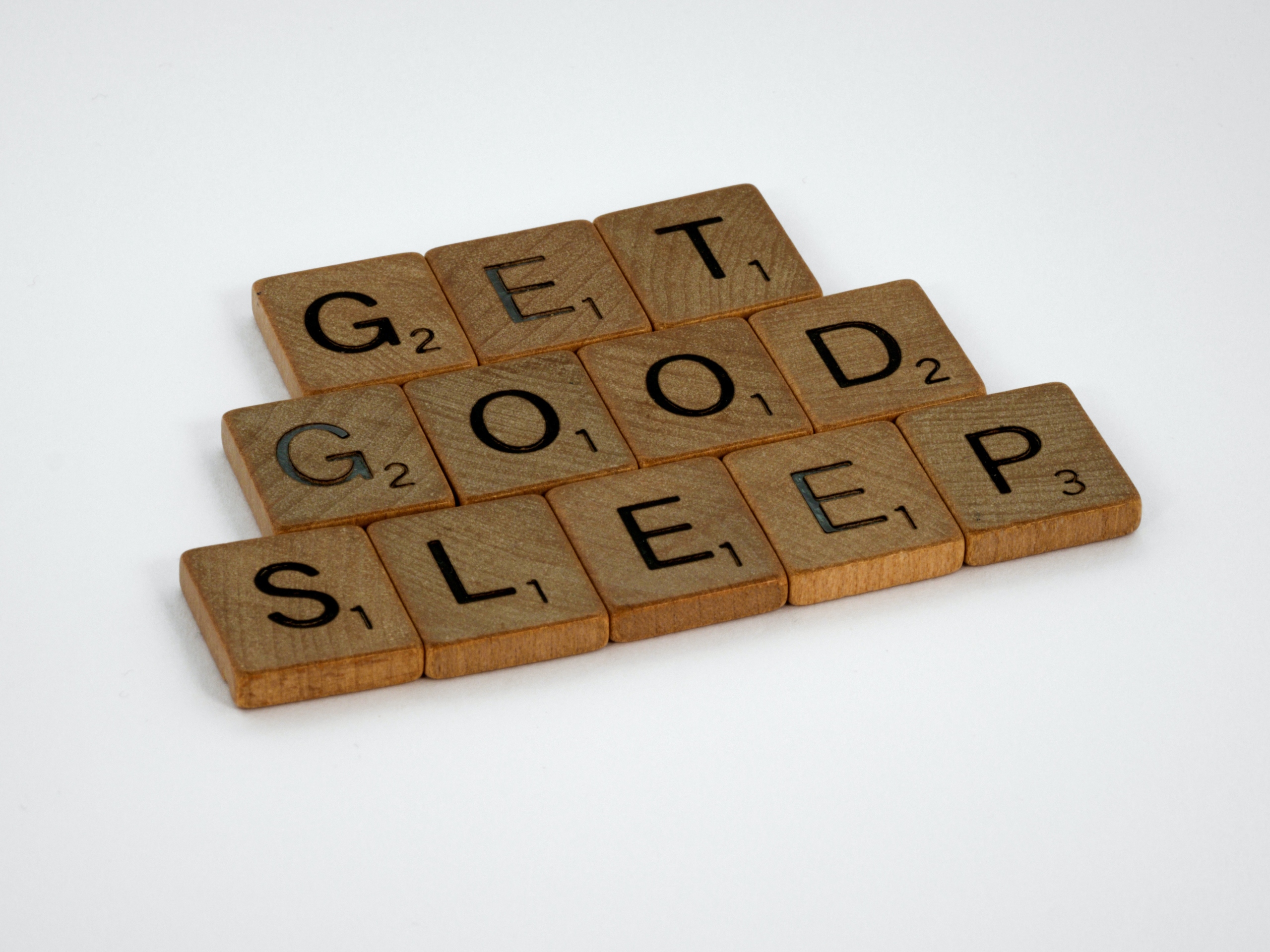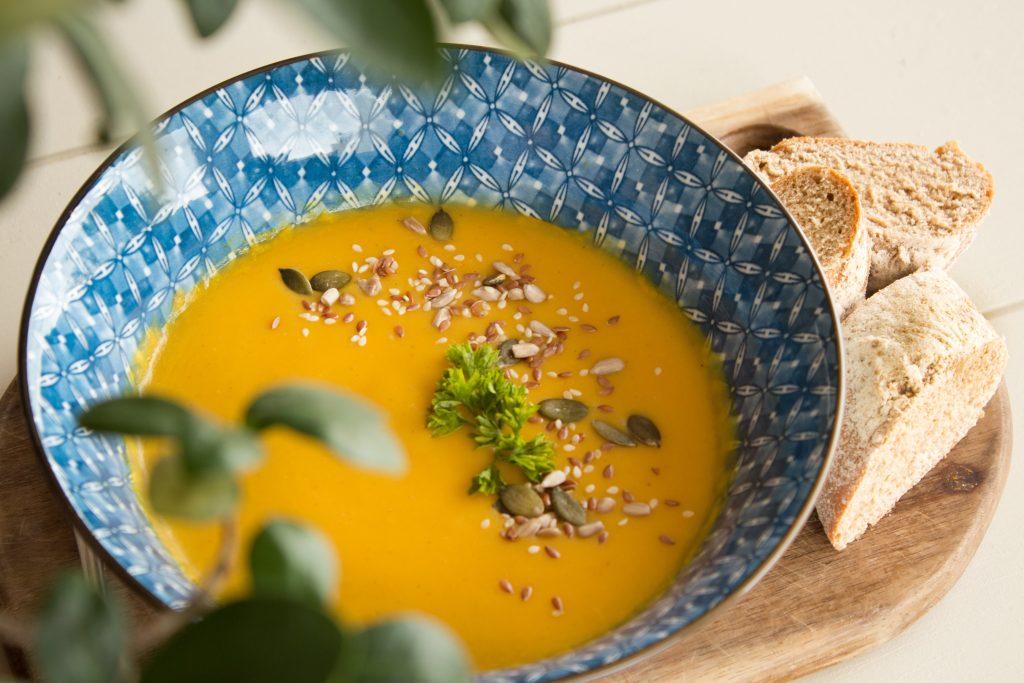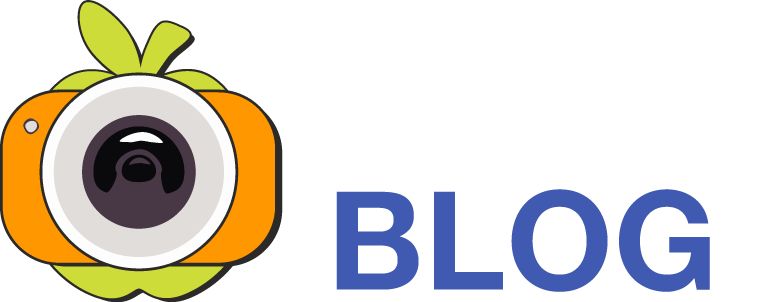
28 Mar How nutrition impacts sleep
A healthy diet and keeping regular mealtimes can help you fall asleep and improve your night’s rest.
Good sleep is essential for our overall health and has multiple benefits for our well-being. For example, it strengthens our innate immune response. There are many factors that influence the quality of sleep. One of them is our diet, which is conditioned by our lifestyle, work situation, leisure time, schedules, mood, etc. A healthy diet and keeping regular mealtimes can help you fall asleep and improve your night’s rest.
What should you eat for a good night’s sleep?
The main recommendation is eating a sufficient and varied diet given that deficiencies of several vitamins and minerals can adversely affect sleep.
The last meal of the day is the most relevant for sleep. So, what we eat at dinner has a major impact on the quantity and/or the quality of sleep.
Dinners should be early, at least two hours before bedtime. Also, it should be composed of easy to digest foods. Using simple cooking techniques such as grilling, steaming, baking, papillote, etc. A high-energy dinner can have a negative impact on sleep. It is preferable to opt for light dinner options.
Tryptophan (TRP) is an amino acid precursor of serotonin and melatonin, also known as the sleep hormone. We must obtain TRP from the diet since our body can’t synthesize it. It is found in milk, meat, eggs, fish, banana, avocado and pumpkin seeds, among others. Foods with a higher melatonin content are salmon, eggs, red rice, mushrooms and nuts, especially pistachios.

Foods that can disrupt sleep
Avoid the consumption of caffeine at least 6 hours before going to sleep. Since it is a stimulant it may cause you to be less sleepy at bedtime. Also, it is preferable to avoid alcoholic beverages in the evening. It can alter the structure of sleep favoring its fragmentation and reducing sleep quality. That’s why it is important to avoid their consumption, especially before sleep.
Foods that can disrupt sleep also include the ones that may cause intestinal discomfort, flatulence, heartburn or acid reflux. For example, spicy foods, vinegar, artificially sweetened foods, fried foods and preparations with a lot of fat. It can vary from one person to another.
Conclusion about the association between sleep and nutrition
The association between nutrition and sleep is bidirectional. As we have seen, what we eat influences the quality of our sleep but how we sleep also has an impact on the food choices we make throughout the day.
Thanks to the LogMeal App, you can monitor your intakes to make sure you are reaching your nutritional requirements, respecting meal times and consequently, improving your sleep.


